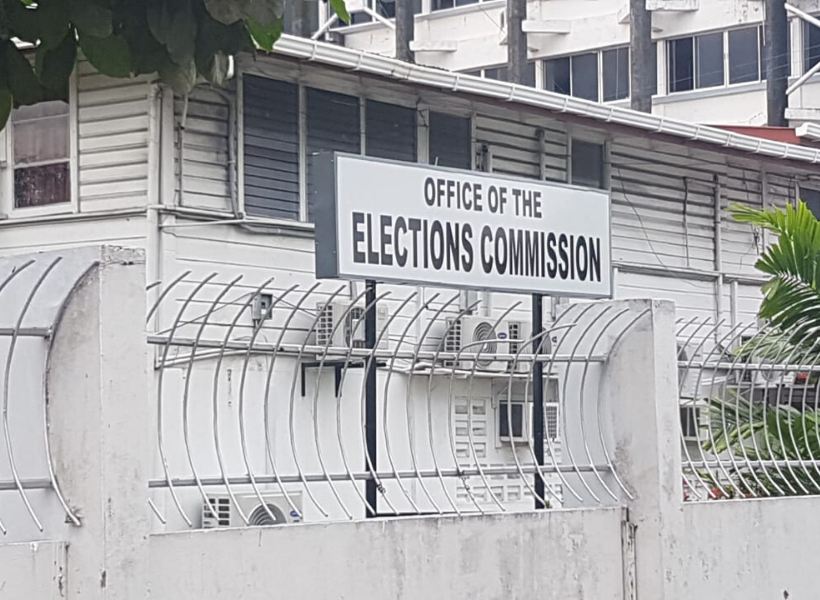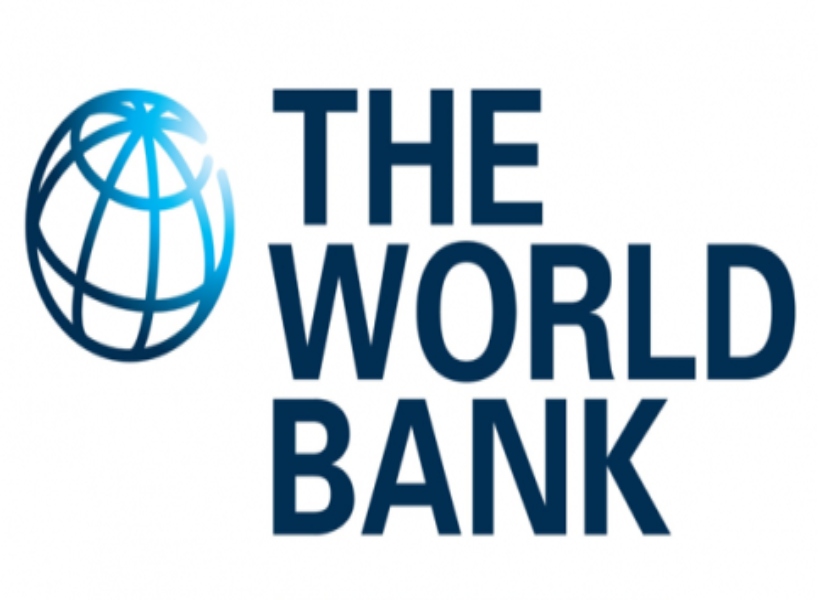The World Bank is once again calling on the government of Guyana to bring modern Copyright legislation into being. The financial institution noted that it has been more than 40 years since Guyana has been working with the Copyright Act of 1956, and the Trademark Act and Patents and Design Act of 1973.
The World Bank said that numerous attempts to pass comprehensive updates to the legislation mentioned have been unsuccessful. Further to this, the Bank said that piecemeal modernization amendments contained in the Geographic Indication Act of 2005, the Competition and Fair Trading Act 2006, the Business Names Registration Act 2000, and the Deeds Registry Authority Act 1999, have offered additional protection to local products and companies. But even these are not enforced.
The World Bank also noted that Guyana joined the World Intellectual Property Organization (WIPO) and acceded to the Berne and Paris Conventions in late 1994. Yet, the government has made to moves to ratify a crucial bilateral intellectual property rights agreement with the United States. This was one of the recommendations of the 2001 meeting of the WIPO and Berne and Paris Conventions.
In addition to this, the Bank highlighted that registering a patent or trademark can take six months or longer, but even with a completed registration, no effective enforcement mechanisms exist to protect intellectual property rights.
The Bank said, “Patent and trademark infringement continues to be common. Local television stations, including the state-owned and operated National Communication Network (NCN), pirate and rebroadcast TV satellite signals with impunity. Most music, videos, and software for sale are pirated. Book piracy is also rampant, especially foreign textbooks. Some of our estimates say illegally photocopied textbooks account for nearly one-third of local sales. HBO has recently accused a local firm of allegedly infringing its intellectual property rights. These matters need to be addressed.”
The Bank also called on the Government to address the fact that the nation’s laws have not been amended to fully conform to the requirements of the Trade Related Intellectual Property Rights (TRIPS) Agreement. In 2001, the then-Ministry of Foreign Trade and International Cooperation and the Ministry of Legal Affairs drafted TRIPS legislation. It has not moved forward.











